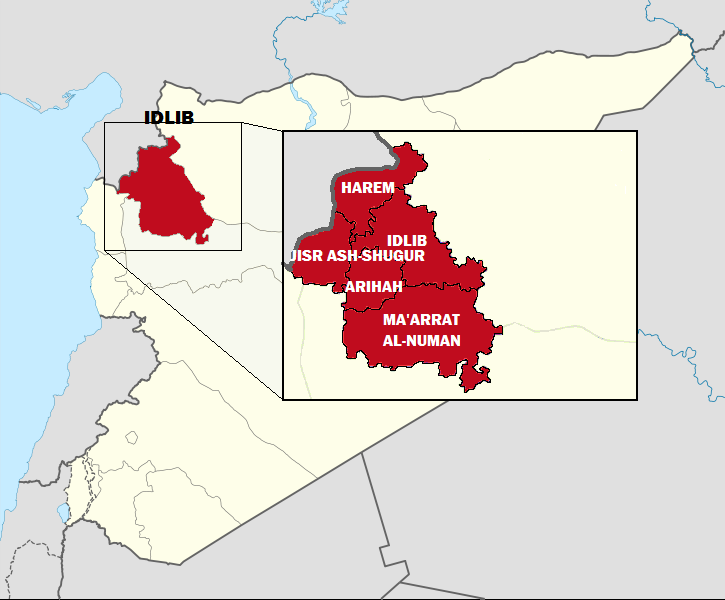Last weekend, it was reported that the US attacked and killed Wasim Tahsin Bayraqdar, a “senior leadership facilitator” for Hurras al-Din, in an attack in Syria’s Idlib Governorate. Around that time, it was also being reported another US drone strike had happened in Idlib, and another person was killed.
CENTCOM has now identified the person killed in the second strike that weekend as Muhammed Yusuf Ziya Talay, who has also been labeled a “senior military leader of al-Qaeda affiliate Hurras al-Din.” The announcement includes a brief video of the drone hitting his car.
Little concrete information can actually be proven about Talay, as like so many “al-Qaeda leaders” slain in US drone strikes he was never publicly identified as such until he got killed. There are, however, reports that Talay was known, with the Syrian Observatory for Human Rights (SOHR) referring to him as Abo Jaffar al-Turkey and social media accounts referring to him separately as Jafar at-Turki or similar variations like Cetar et-Türki.

Multiple media reports do present Talay as a Turkish national, though so far Turkey has not confirmed that was the case. The SOHR report also suggests that he was a member of Hurras al-Din at one point, but also cites an unnamed source saying he left the group and joint Jaish al-Ahrar, another Islamist group in Idlib.
Since both Hurras al-Din and Jaish al-Ahrar announced their dissolution in late January, it isn’t apparent what, if any, organization Talay was actually a current member of. This strike marks the fourth US drone strike against a Hurras al-Din “leader” since President Trump came to power, and moreover, the fourth such strike since Hurras al-Din dissolved.
Sunni Islamist factions were overwhelmingly centered in Idlib Governorate until December, when the also al-Qaeda-linked Islamist faction Hayat Tahrir al-Sham (HTS) seized power in a Turkish-backed offensive. With HTS now in power, the other Islamist groups have been dissolving in quick succession, likely seeing little left to accomplish.
HTS got its start as al-Qaeda in Iraq (AQI), and was not directly associated with Hurras al-Din, which was considered the al-Qaeda in Syria affiliate. There were however close ideological similarities, and membership in those groups has a tendency to overlap, as exemplified by last week’s killing of Bayraqdar, who was the brother of HTS figure Samer Bayraqdar, who is presently the Syrian Religious Endowments Minister.
The US stance toward the HTS government is still uncertain, as the continued strikes in Idlib so far are focusing entirely on Hurras al-Din. The statements from US officials barely indicate recognition of Syria as a country at all since Assad’s ouster, but merely as a region they are actively operating in.


